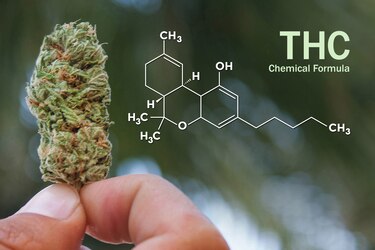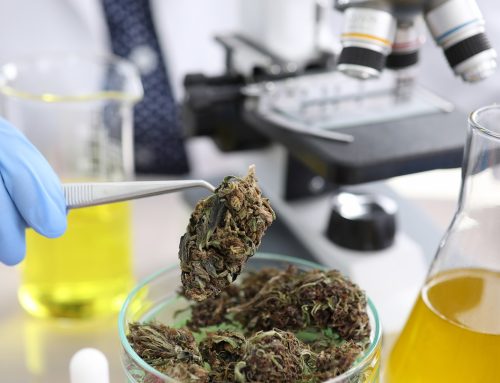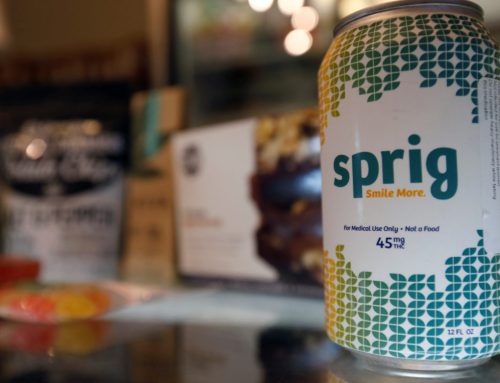The Rise and Debate of Delta-8 THC: Understanding the Controversy
LOS ANGELES- Delta-8-Tetrahydrocannabinol (delta-8 or ∆8-THC) is making headlines as its popularity soars, primarily due to federal regulations that ambiguously classify it. Resembling the more commonly known Delta-9-Tetrahydrocannabinol in structure and effect, this lesser-known cannabinoid is now under the microscope for its origins, safety, and place in the industry.
Historical Perspective
Delta-8 was first partially synthesized in 1941 by Roger Adams and his team at the University of Illinois. However, it took until 1966 for Dr. Raphael Mechoulam and Dr. Yechiel Gaoni at Hebrew University to achieve total synthesis. Mechoulam’s innovative patent in 2002 for converting CBD into delta-8 eventually expired in 2020, marking the onset of the delta-8 craze in the U.S.
Natural or Synthetic?
While delta-8 is naturally found in the cannabis plant, albeit in minute quantities, the majority available in the market originates from laboratory conversions, a method patented by Dr. Mechoulam. The process often involves refluxing CBD with organic solvents, posing potential health risks if not meticulously refined and purified. The exact classification of delta-8 as natural or synthetic remains a point of contention, with different entities providing varied definitions.
Safety Concerns
Although the first comprehensive study on delta-8 published last year concluded its potency was weaker than Δ9-THC, concerns about its safety remain. The FDA reported 104 adverse events linked to delta-8 usage between December 2020 and February 2022. However, pinpointing delta-8 as the sole cause of these experiences is challenging due to potential contaminants present in many products.
Jeffrey Raber, CEO of the Werc Shop, a renowned cannabis testing firm, urges regulatory bodies to address these purity concerns to ensure safe consumption. “It’s a very interesting molecule… urging regulators to address the testing and purity concerns around delta-8 while still allowing safe use,” Raber commented.
Kyle Boyar, a researcher at the Center for Medicinal Cannabis Research, notes the presence of uncharted chemicals in delta-8 products, like olivetol. He stresses the importance of understanding the potential risks of such compounds.
Behind the Craze
The delta-8 surge can be traced back to multiple factors, including the plummeting price of CBD and hemp companies searching for profitability. However, at its core, the real catalyst seems to be cannabis prohibition. As long as stringent THC limits remain, the industry will continually explore loopholes like delta-8 to navigate these restrictions.
In the end, the delta-8 phenomenon underscores the complex landscape of the cannabis industry and the continuous evolution of regulations, consumer demands, and market dynamics.



































